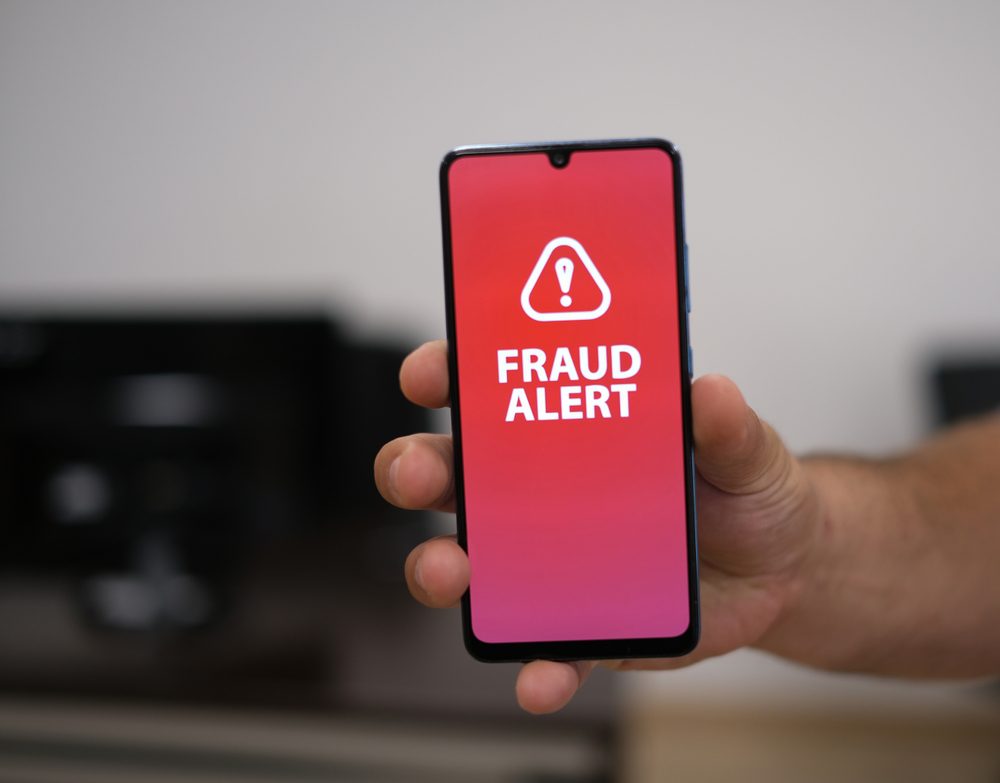On 11th February 2025, a procurement officer at a prominent government parastatal in Entebbe signed off an “emergency” UGX 360 million payment for the supply of solar panels. No panels arrived. No alarm was raised. No questions were asked.
By June, after seven similar “emergency procurements,” over UGX 2.7 billion had quietly disappeared.
Nobody saw.
Nobody heard.
Nobody dared to speak.
Until one junior stores clerk, earning UGX 800,000 a month, finally blew the whistle anonymously.
Summit Consulting Ltd was contracted to investigate, weeks after internal damage-control efforts failed spectacularly. By then, the silence had cost them dearly.
Culture versus Compliance
Most Ugandan organizations boast thick policies, glossy codes of conduct, and colorful posters urging integrity.
But when fraud happens, real culture shows.
At this parastatal, the culture was loud in meetings, but dead silent when it mattered.
Staff had seen inflated invoices. They had noticed the rushed LPOs.
But speaking up meant isolation. Transfers to Karamoja. Career death.
So they shut up.
Until it was too late.
How the fraud was perpetrated
a) Emergency procurement loophole
i) “Emergency” procurements bypassed standard competitive bidding, based on fictitious justifications like “urgent rural electrification.”
ii) Dummy suppliers, registered two months prior, were awarded contracts.
iii) Payments were made before delivery, with fake site inspection reports signed off by internal colluders.
b) Covering the tracks
i) Manual alteration of bid committee minutes to reflect fake evaluation processes.
ii) Destruction or loss of key procurement files under the guise of office “renovations.”
iii) Coordination with rogue internal auditors to delay review cycles.
Money movement details
a) 65% of stolen funds were withdrawn in cash within 48 hours of payment disbursements from the institution’s account.
b) 20% was layered through school fees payments, and land purchases in Wakiso and Mukono registered under third parties.
c) 15% was used to pay off insiders and fund a political “war chest” in anticipation of the 2026 elections for a local MP.
By the time we traced the money, a full recovery was nearly impossible.
Red flags ignored
a) Repeated emergency procurements from the same five “suppliers.”
b) Payment schedules consistently just below the UGX 500 million threshold requiring higher level scrutiny.
c) Frequent staff reshuffles of whistleblowers and critical thinkers.
Our investigation methodology
a) Deep dive procurement audit
We requested original procurement files and compared them with system records, uncovering material inconsistencies.
b) Lifestyle forensics
We profiled suspected staff: unexplained new houses, fancy SUVs, and unexplained “business investments” by spouses.
c) Anonymous tipline deployment
We set up a confidential reporting platform, receiving over 37 insider tips within one month painting the full picture of the syndicate.
Challenges faced
a) Fear culture
Even after formal whistleblower protection was assured, most staff still hesitated to testify without heavy anonymization.
b) Legal bottlenecks
Prosecution processes dragged due to weak evidence preservation and political interference.
c) Record tampering
Several key files and emails mysteriously “disappeared” during the early days of the investigation. Confirmed loss: UGX 2,720,450,000. Projected indirect loss: Another UGX 4 billion in opportunity costs, reputation damage, and donor sanctions.
Fraud thrives in silence.
Fraud lives because honest people fear.
Fraud wins because organizations punish candor more than they punish theft.
If your staff fear HR more than they fear a court of law, your institution is one tender document away from collapse.
If you truly want to save millions, build a culture where speaking up is rewarded not buried.
Uganda’s biggest frauds are not committed by masterminds.
They are committed by mediocres shielded by fear, enabled by silence.
Fraud is not a financial risk.
It is a cultural cancer.
Kill the silence, or the silence will kill your organization.





